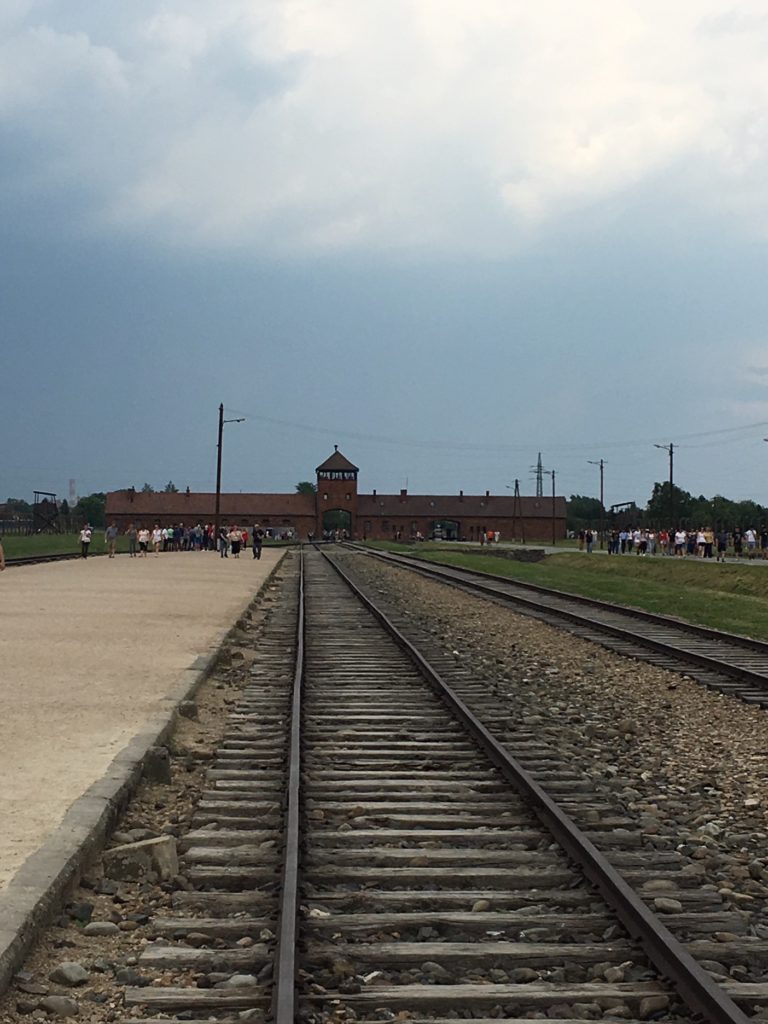
I recently took a trip back home to England. My time there unfortunately coincided with the horrific terror attacks in Manchester and London, which claimed the lives of 30 people and injured almost 200. The entire country was in a collective state of shock and numbness. The response from the local communities in both cities was heartening, attempting to display unity and hope at a time of such tragedy. Unfortunately, the reality is that these incidents have become a recurrent pattern in Europe over the last few years, and there are lots of questions that need to be asked about how to deal with the root causes of this horrible problem.
While I was back, we also went on a family trip to Kraków, Poland. The city itself is very beautiful, charming and uniquely eastern European. We spent a day visiting Auschwitz, which is an approximate 1.5-hour drive from Kraków. I grew up learning a lot about World War 2 and the Holocaust. We’ve all seen the movies and read the books, and I’ve also visited many Holocaust memorials around the world, including the museum in Washington DC. However, my visit to the Auschwitz-Birkenau complex that day, had a deep and profound impact on me, which will stay with me for a very long time. The sheer scale of the crimes committed by the Third Reich are brought home when one goes to the actual place. The walking tour guides you through the camp, and you get to see where people arrived on cattle trains, the terrible living quarters, torture areas, and the actual sites where the poison gassing occurred. You can also see more graphic representations of the depravity, including the personal belongings of victims (including shoes and spectacles) piled up high, and human remains including vast quantities of hair. Horrific.
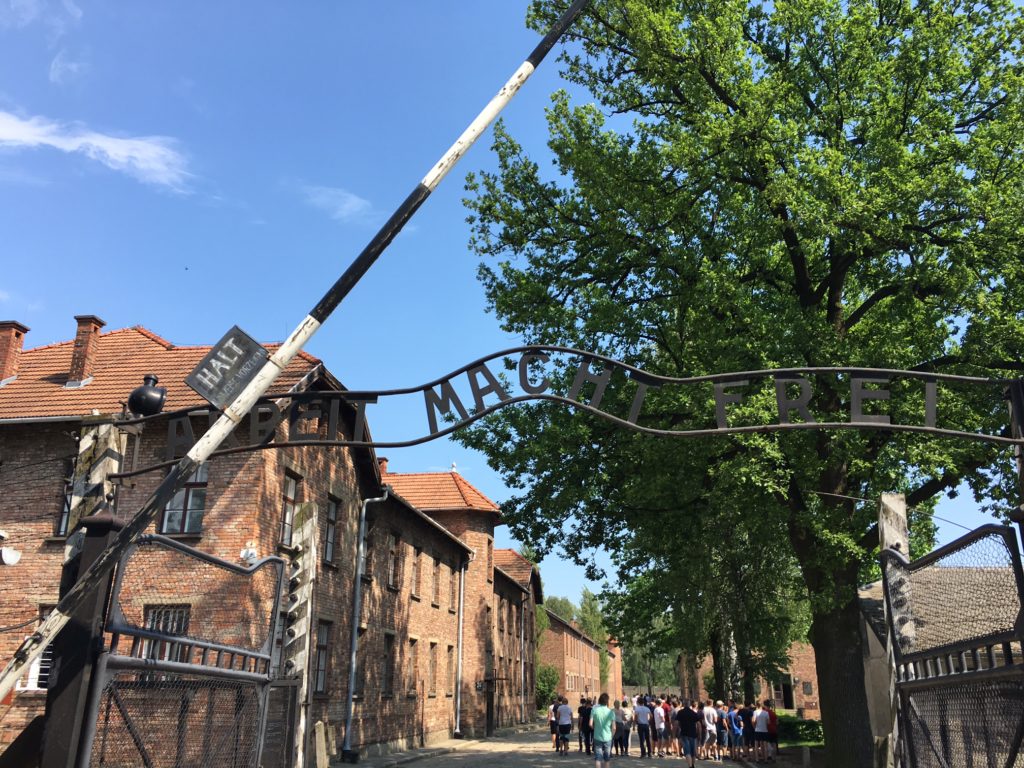
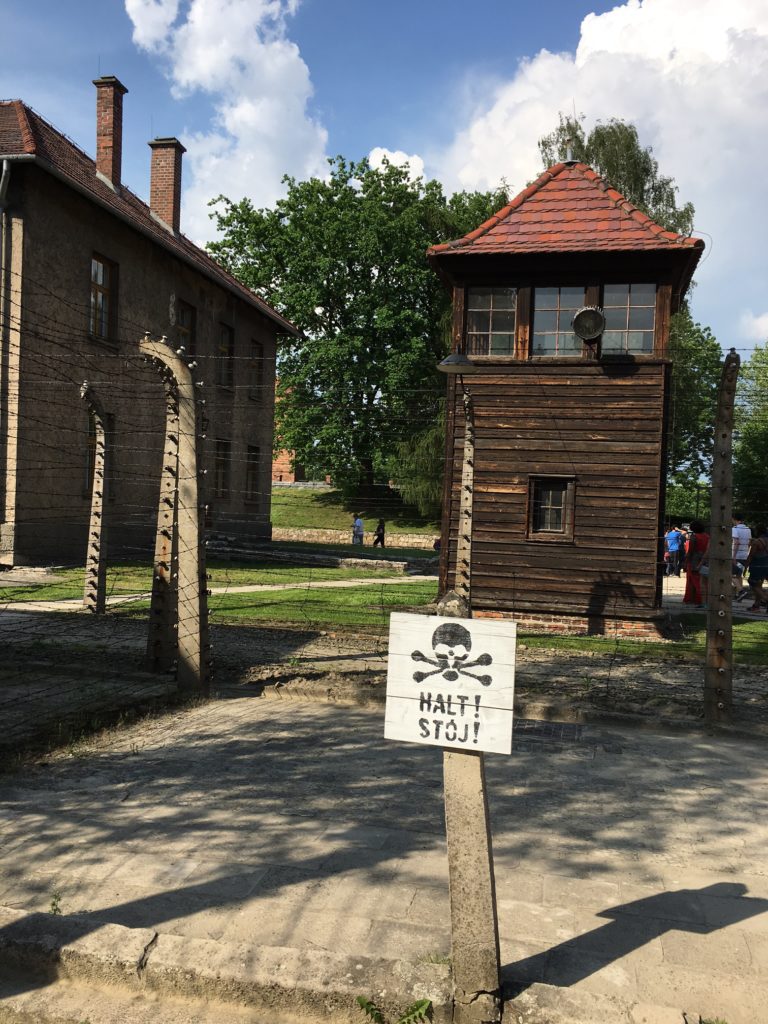
I looked up at the trees around the camp, and wondered how many of them bore witness to the pain, the cries for help, the tears? How many of them saw families getting separated and children being marched straight to the gas chambers? Standing in the middle of the camp was a surreal and haunting experience. But a necessary one, and a history lesson that needs to be told. I think everyone should visit Auschwitz to see for themselves what happens when hatred and extremism grips an entire society.
But back to the current problems we face in the world today with global terrorism. My trip reinforced to me how important it is for society to always take a strong stand against extremism and hate, and call out the extremists wherever and whenever we see them (no matter what their ideology, religion or political persuasion). Whether we are talking about any authoritarian regime past or present, or any hateful ideology such as the radical Islamist philosophy that is guiding the modern-day terrorists, the anti-democratic “my way or the highway” tyrannical forces that guide extremism are the same. The desire to cause pain, total lack of compassion, look of hatred—are the same in today’s terrorists’ eyes as they were in those SS officers who sent children to the gas chambers.
Those who don’t share our core values of democracy and liberty, need to be called out and confronted. We’ve come too far as a society to have our freedom threatened. There should be zero tolerance for any extremism or hate preach in society, no matter what the ideology or political aim. They attack us because they hate our way of life—nothing more (any UK foreign policy reason is just an excuse, since they’ve also attacked other countries in Europe that have nothing to do with any foreign wars). There is never any justification or reasoning behind deliberately murdering innocent people as they go about their daily lives.
The way the United Kingdom came together after the attacks and showed her resilience was inspiring. Those who perpetrate these crimes would like nothing more than for us to change and live in a constant state of fear and terror. That won’t happen. We should treasure our precious democracies and our open and free societies. It’s a core principle that is beyond any political party affiliation, culture or even religion. We’ll never allow our cherished freedoms to slip away. Yet this resilience needs to be combined with a street-wise knowledge of the evil and unscrupulous antagonists we face, and a realization of the world we live in. We cannot let this keep happening or accept this as a “normal” recurring pattern—be it in Paris, Berlin, Stockholm, Manchester or London.
#ExtremistsWillNeverWin #StandUpToExtremists
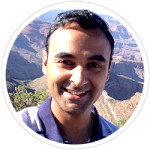
Suneel Dhand is a physician, author, speaker and consultant. Learn more about him at suneeldhand.com
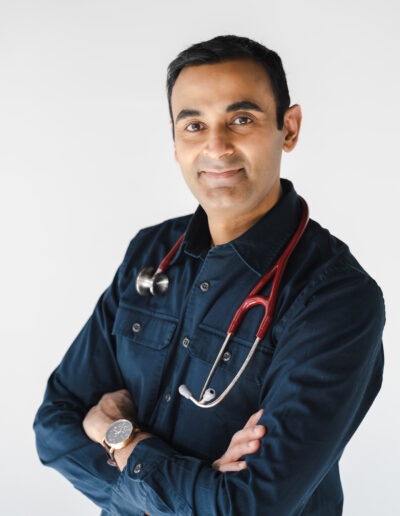
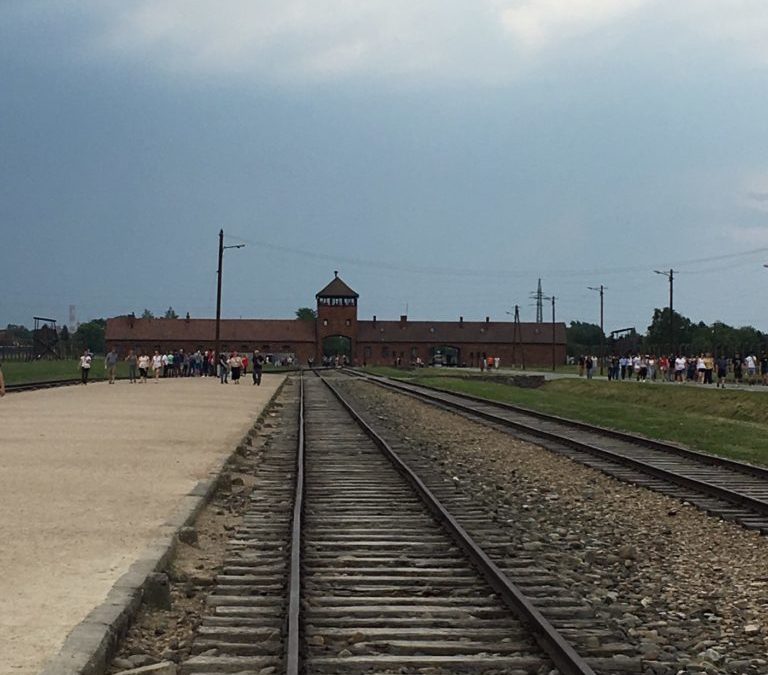
Hello Dr. Dhand,
I totally share your views re the resistance to extremism at every turn. Unfortunately, your statement, “We’ll never allow our cherished freedoms to slip away”, is not completely accurate (although rhetorically sound). Note the recent occurrences at UC Berkeley (riots over a controversial speaker – freedom of speech) and Evergreen State College (students demanding a “no-white” day – freedom from discrimination). These, and other “demonstrations”, point to the fact that our young people are not being taught the meaning of our cherished freedoms. I ask you to do a bit of research and Google CA Ed Code 233.5 a. Thirty years ago I researched the entire curriculum of the Los Angeles City Schools and could not find one minute devoted to instruction per 233.5 (It was numbered differently at that time but, the content was, and is, the same). When I pointed this out to members of the school board, I received no response or was told that teachers do this informally (i.e. Johnny, don’t hit Suzie.) My retort was that time was devoted to fire drills and earthquake preparedness; nevertheless, the areas that form the fabric of our inter-relational society are given no time. This is utter madness. To my knowledge this situation has not been rectified in the intervening 30 yrs. Obviously, the counterparts of 233.5 in other states have fared similarly. Because we, as a collective society, have not placed these freedoms above our partisan pettiness, we are IN THE PROCESS of LOSING THESE FREEDOMS. I understand that your passion is medicine; however, I also believe that you are consummately engaged in education (albeit, medical education). I ask you to “consider” becoming involved in education, at large. Many still hold high esteem for doctors and the medical profession. Pronouncements re the necessity of 233.5 from you and your profession my cause our society to ” never allow our cherished freedoms to slip away.”
Regards
Reginald
PS Your compassion in Poland indicates that your background in steeped in 233.5.